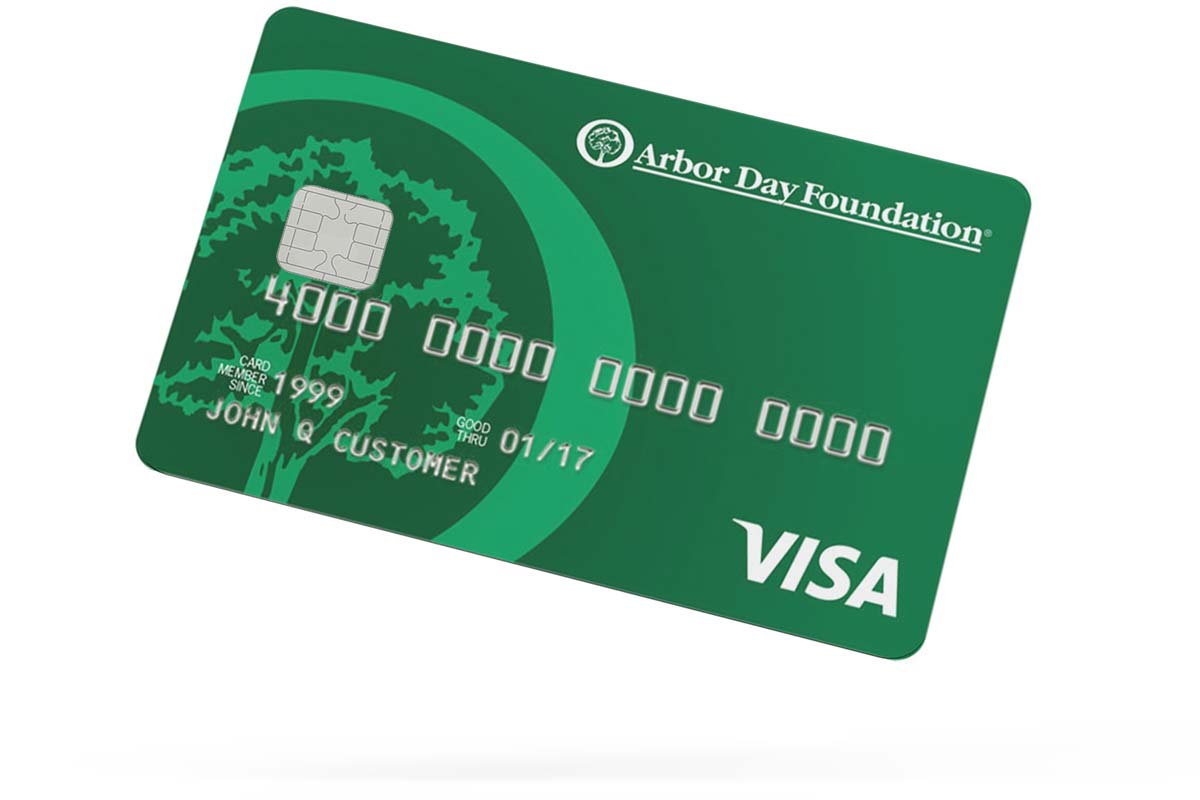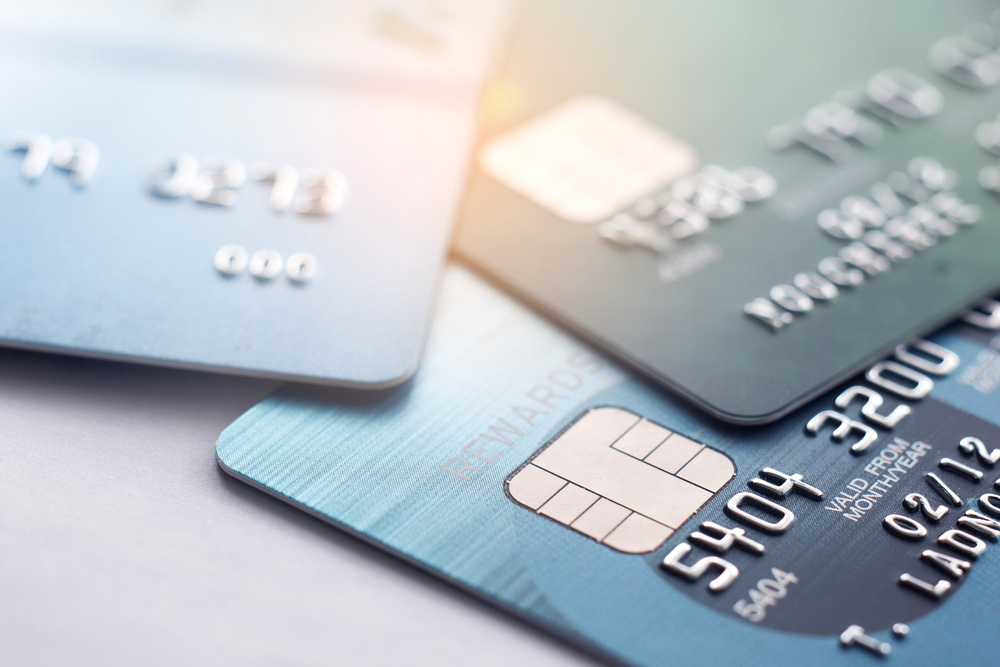Buying items on credit isn’t a modern concept. History is replete with examples of civilizations utilizing various methods to extend credit with the expectation of repayment at a later date. Some form of financial mechanism has been in place for millennia to facilitate trade between neighboring territories, and conduct nearly any transaction that involves the exchange of goods or services.
The modern-day credit card can trace its origins to the early twentieth century. Over the decades, the early prototypes have evolved and expanded to include a myriad of products and services. Competition among credit card companies has generated impressive benefits for the consumer — reward programs to incentivize increased spend offer, lavish experiences, and awards. Co-branding deals with major airlines, hotel chains, and merchants give card members even more options to charge, so that they can target specific travel and gift card perks.

Despite the convenience and advantages that credit cards have offered through the years, it continues to be a much-maligned industry. Television ads and politically aware people campaign against the high-interest rates and fees that the credit card companies charge, as well as the perceived predatory practices that entice unwitting consumers into building up balances that can’t be repaid.
There’s no denying that many card members have spent themselves into a corner. When the balance can’t be paid in full every month, interest is accrued. Cardholders who just send in the minimum payment each billing statement, and continue to add to their balance, will eventually max out their credit cards and begin a vicious cycle. Late payments incur fees and interest continues to accumulate every month.
Card members have to take personal responsibility for their spending habits. Ultimately, a credit card is a type of lending product. It’s a financial instrument that can be used at a point of sale rather than cash or check. When you don’t have the financial means to purchase at a specific time, but are comfortable that you can easily pay for it at a later date in the near future, credit cards are a handy alternative. They are also a good option when you have the funds and plan to pay the bill in full when it comes due, but just want to rack up points to earn rewards or want a way to track your monthly expenses.

Securing a credit card is also an excellent way to work on establishing your credit rating, although it’s important not to have too many cards, and you have to stay on top on your payments. Also, in the Internet era, it’s tricky to try to do business online without a credit card. Some companies have business models that don’t accommodate any other form of payment. For example, there are segments of the adult entertainment industry with limited payment options, so phone sex credit card processing vendors have worked to build their own networks to support merchants.
Many still distrust credit card companies and have yet to embrace the charge-it mentality. For those who don’t feel like they have the discipline to maintain a credit card, it’s understandable if they don’t want to open an account. But then, the technology age has made it increasingly difficult to not use a credit card at some point. Also, financial institutions are working tirelessly to keep their customers’ data safe, while offering features that continue to make carrying their products worthwhile.

